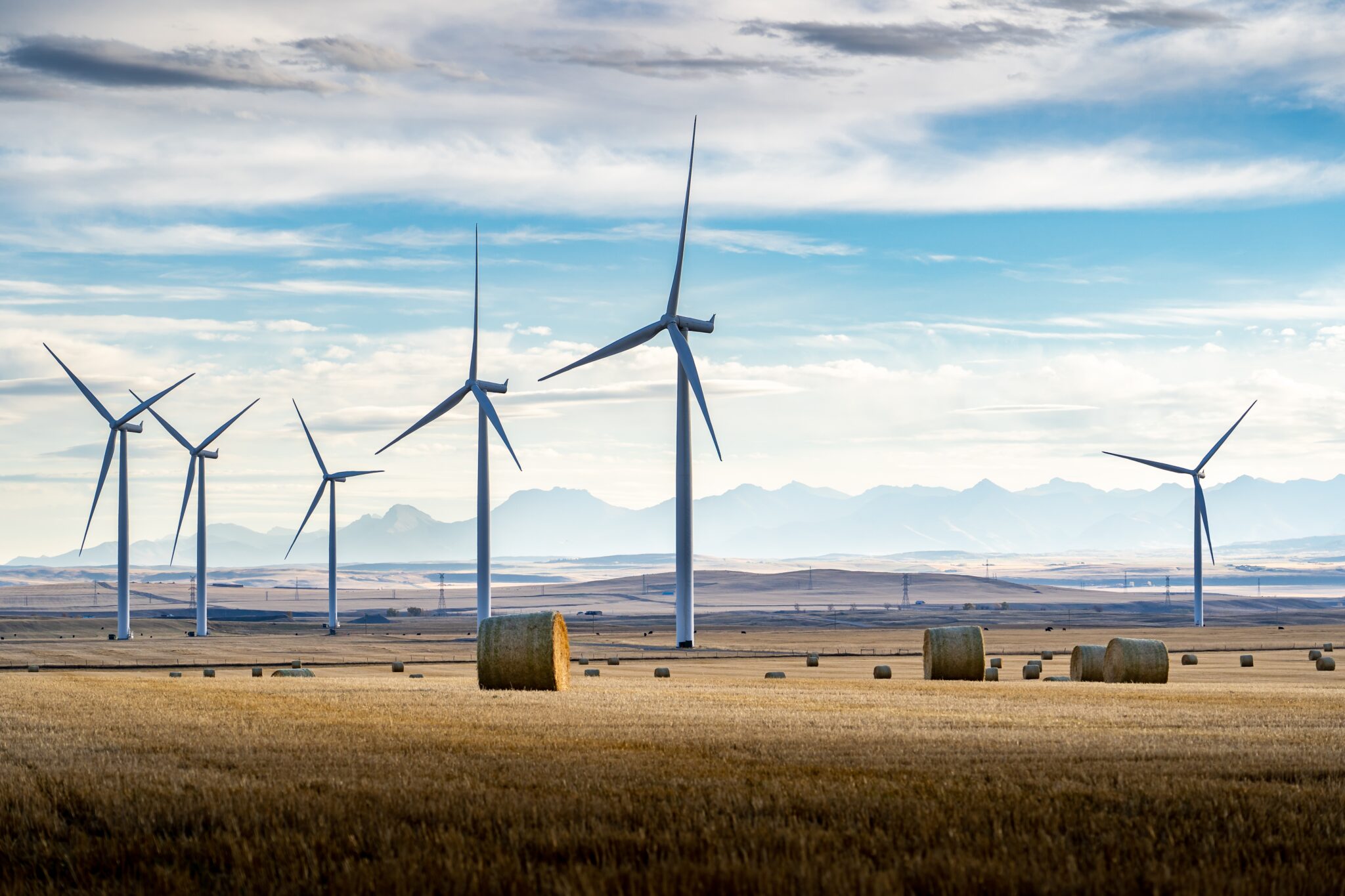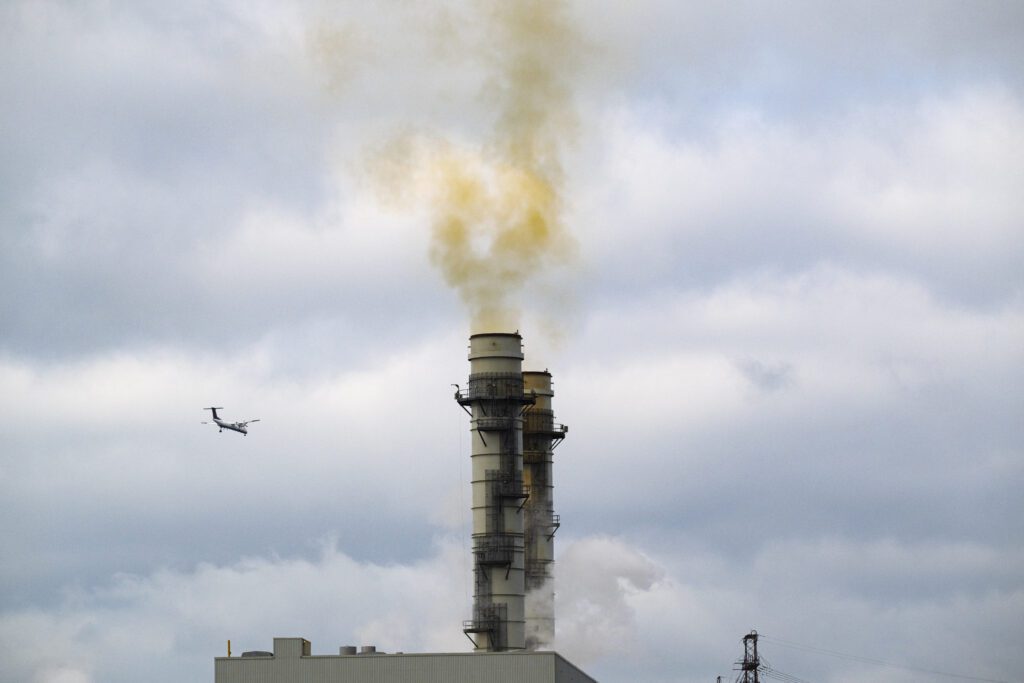Is an orderly transition possible, and how are you going to pay for it?
Those are the two questions I hear over and over again from skeptics and cautious energy transition supporters alike, that I, in turn, have been asking energy experts over the past year.
Is it even possible to power our province, our country, our planet with renewable energy? And if so, how will we pay for it?
As noted in my blog “Making the Case,” Alberta faces a challenge that many jurisdictions do not: we rely on royalties from greenhouse gas (GHG)-producing methane (natural gas) and conventional and heavy crude oil for approximately one-quarter of our provincial revenue. For Alberta and Canada to meet their international obligations and reach Net Zero by 2050, the province needs to stop producing carbon dioxide-intensive oil and gas.
The more important question, at least from the perspective of many Albertans, is how we can do that without cratering our economy? If we can’t solve that problem, it’s going to be increasingly difficult to convince any government in Alberta – left or right – to take the necessary steps to shift our economy from one dependent on pollution to one focused on innovation, ingenuity and entrepreneurship.
Here’s the good news: there is a path to transitioning Alberta’s economy to clean energy and low carbon emissions that won’t impoverish the province.
Here’s the bad news: it won’t be easy.
Worse: With each passing year, our provincial government dismisses the global energy shift and invests in high-emission industries rather than genuine transformation, Alberta’s competitive gap with the rest of the world continues to widen.
Here’s a sneak peek at some of the questions we’re asking as we research an energy transition in Alberta, along with some possible solutions.
Question: Are there other developed or emerging industries that Alberta can turn to as it transitions away from fossil fuels?
Possible Solutions: investing in other sectors of the economy that show promise in the global marketplace, and striking an expert, citizen-driven Alberta Revenue Panel.
Back to the good news: yes, there are plenty of strong sectors of the Alberta economy that can make up for the loss of Gross Domestic Product (GDP) that the oil and gas sector represents.
For example, five sectors (real estate, construction, manufacturing, health care and professional services) currently contribute 36.3 per cent to Alberta’s GDP. With strategic investment, they could reach nearly 50 per cent by 2040, providing a stable economic foundation for Alberta’s financial well-being.
Each of these sectors comes with both challenges and opportunities. Investing in real estate, for example, means addressing urban sprawl, and the drain on resources that building as many as 25,000 houses a year in the City of Calgary alone has on forestry, water, and power resources. We can do that with an enlightened multi-story housing policy.
Just as oil and gas receive taxpayer support, emerging industries need similar investment. This shifts resources from maintaining our past economy to building our future one.
Agriculture has been a critical driver of Alberta’s economy – once responsible for fifteen per cent of the province’s GDP, it now represents just five per cent. In the 1960s, agriculture employed one in four Albertans; today, about one in twenty (about the same as oil and gas) are employed in agriculture and agrifood. (We’ll talk about changes in employment in a future post.)
Critical Minerals (CM) could significantly boost Alberta’s economy, representing up to 1/3 of current oil and gas royalties by 2050, according to Canada’s Critical Mineral Strategy. However, CM mining impacts water, energy, and conservation. To establish this as a sustainable economic pillar, we require strict regulations and circular economic models for mineral reuse, thereby avoiding the endless demand cycle created by fossil fuels.
All of these areas of potential economic growth can help shore up Alberta’s financial well-being as we transition away from fossil fuels. Although none will singularly contribute to Alberta’s tax rolls like oil and gas, by investing in these industries today, we can learn from our mistakes and ensure Alberta can pay its bills in the future. To get us there, the province should create an Alberta Revenue Panel, which would analyze methods of how to diversify revenue generators better.
This conversation is long overdue in Alberta. The next government will have to address these challenges head-on, and with a ticking clock counting down the days to when the world no longer needs or wants Alberta’s oil and gas. That day is not as far in the future as many of our political leaders would like us to think.








